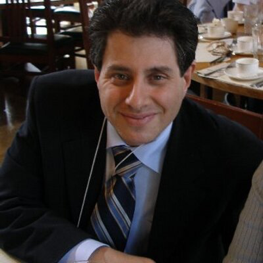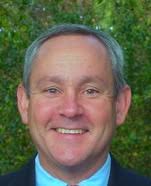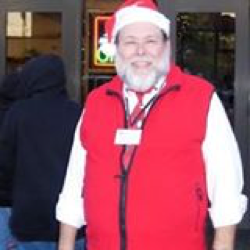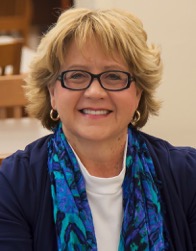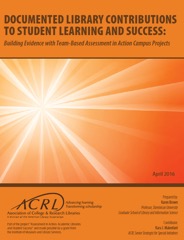ACADEMIC SENATE FOR CALIFORNIA COMMUNITY COLLEGES (ASCCC), reported by Dan Crump
The ASCCC recently completed its Fall Plenary Session in Costa Mesa (November 3-5). Among the many topics discussed in breakouts was Zero-Textbook-Cost (ZTC) Degrees (see more below).
Many resolutions were considered by the Session delegates for adoption---one of special interest is Resolution 16.01---Resolution in Support of a Statewide Integrated Library System. I was not able to participate in the debate of the resolution (I am serving as the Elections Chair for the Academic Senate Foundation and spent 90% of my time away from the floor), but I was told that it passed handily. The only change from the resolution that I presented was the addition of “and accessible” in the last sentence. Here is the text:
16.01 F16 Resolution in Support of a Statewide Integrated Library System
Whereas, The California Community College (CCC) Student Success Task Force recognizes the importance of libraries in student persistence, retention, and successful achievement of goals and a system-wide integrated library system (ILS) will allow each student in California’s community colleges to access essential academic materials via a cloud-based library catalog that can be retrieved through a variety of means, including mobile devices as well as through existing learning management systems, including Canvas, which has been adopted by more than 92 colleges as of September 22, 2016;
Whereas, The Board of Governors of the California Community Colleges has included a proposal for a system-wide ILS in the 2017-18 CCC System Budget Proposal, and an August 2016 survey conducted by the Council of Chief Librarians, the statewide organization of faculty and administrative library leadership, had overwhelming support from the faculty respondents for a system-wide ILS;
Whereas, The ILS proposal is an opportunity in CCC library services to further strengthen student success and equity initiatives, enhance the development of the Online Education Initiative (OEI), and significantly reduce colleges’ current and future library system costs by a transition to a statewide ILS; and
Whereas, The Academic Senate for California Community Colleges has position papers and resolutions stating the importance of library resources and services for student success by CCC students;
Resolved, That the Academic Senate for California Community Colleges support a statewide integrated and accessible library system.
They are still organizing the adopted resolutions in a final format and I have been informed that all the resolutions will be available on the ASCCC website (www.asccc.org) within the next several days.
ZERO-TEXTOOK-COST DEGREES
The California Community College Chancellor’s Office is pleased to announce the creation of the Zero-Textbook-Cost Degree Grant program as a continuing effort to improve student access and success. The Legislature intends for community college districts to develop and implement zero-textbook-cost degrees to reduce the overall cost of education for students and decrease the time it takes students to complete degree programs. This program is consistent with existing legislative policy and fiscal investments in the development and implementation of Open Education Resources (OER) in California Higher Education including the California Community Colleges System.
These are one-time grant funds to be distributed as follows:
- Enable community colleges receiving an award to develop and/or implement associate degrees and career technical education certificate programs earned entirely by completing courses that eliminate conventional textbook costs by using alternative instructional materials and methodologies.
- Enable community college districts develop and implement zero-textbook-cost degrees to reduce the overall cost of education for students and decrease the time it takes students to complete degree programs
- There are two performance periods within this RFA process. The first performance period is for planning grants. The second performance period is for implementation grants.
- The maximum award amount of each planning grant is limited to $35,000. [DC note: there will be a maximum of 21 awards with a performance period of January 1, 2017 to September 30, 2017]
- The maximum award amount of each implementation grant is limited to $150,000. [DC note: there will be a maximum of 7 awards with a performance period of January 1, 2017 to December 31, 2017]
[DC note: Notice of the grants went out on October 19 and the deadline for submission is December 12, 2016, 5pm]
(note: the above information was taken from the Chancellor’s Office website---www.cccco.edu/Divisions/Academic Affairs/Online Education Resources)
There was a breakout on ZTC at the ASCCC Plenary Session (PowerPoint available on the ASCCC website---www.asccc.org/Events/Plenary Sessions/Fall 2016//Presentation Materials---if this link doesn’t work---http://asccc.org/content/zero-textbook-cost-ztc-degrees-moving-forward.
A webinar from the Chancellor’s Office was conducted on November 14 to inform interested applicants from the colleges. I anticipate that the PowerPoint and updated FAQ will be on the Chancellor’s Office website very soon. It was good to note that many librarians were listening to the webinar.

